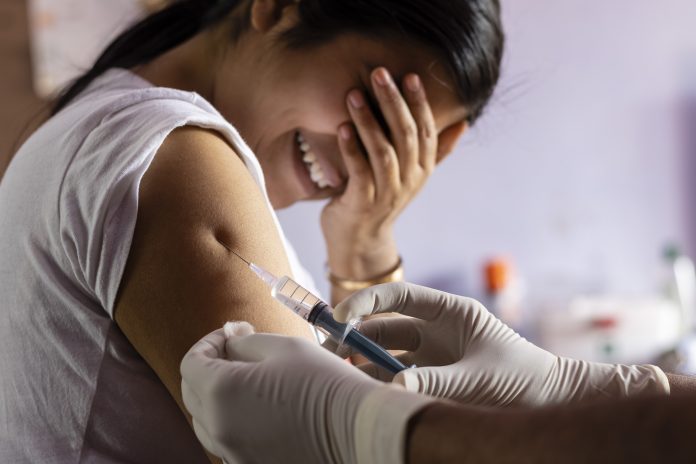The Pfizer and BioNTech vaccine appears to be significantly less efficient against the South African mutation, but can still stop hosts from experiencing severe COVID and dying from the virus
A team from The University of Texas Medical Branch at Galveston (UTMB) and Pfizer studied how mutations of COVID-19 from the UK and South Africa could impact the power of the Pfizer vaccine.
Can the Pfizer vaccine stand against mutations?
Currently, it is unknown if the Pfizer vaccine is completely unable to stop COVID-19 from spreading, like AstraZeneca. The Moderna vaccine is coming out strongest, with very little indication of change when it comes up against the South African mutation.
Dr Pei-Yong Shi of UTMB and Dr Philip Dormitzer of Pfizer created combinations of mutations that are currently circulating, as opposed to working with the actual mutation itself. They then tested how the body reacted (in a non-human trial) to two doses, in the face of each engineered mutation.
This new research supports the development of mRNA vaccines
The team explained that there must be “preparations for the possibility that future mutations may necessitate changes to vaccine strains.”
They further said that “the flexibility of mRNA-based vaccine technology” would really help drugmakers to tackle future COVID-19 mutations. Currently, the use of mRNA technology has vulnerable groups concerned and uncertain. Because this is the first COVID vaccine to wield the tech, it is also open being defined by a lot of fake news. The mRNA vaccine cannot change or damage human DNA, nor is it totally new.
Since 2010, mRNA tech in drugs has been a favourable option for human clinical trials for hard-to-reach cancer tumours. This could be a huge breakthrough for scientists attempting to stop certain cancers from having high fatality rates.
Pei-Yong Shi of UTMB further explained that this work is just beginning: “One limitation of the current study is that we have not included all the mutations from the spike gene of the new variants. Such experiments are ongoing.”
The original paper was published 27 January, 2021. It is yet to be peer-reviewed.











